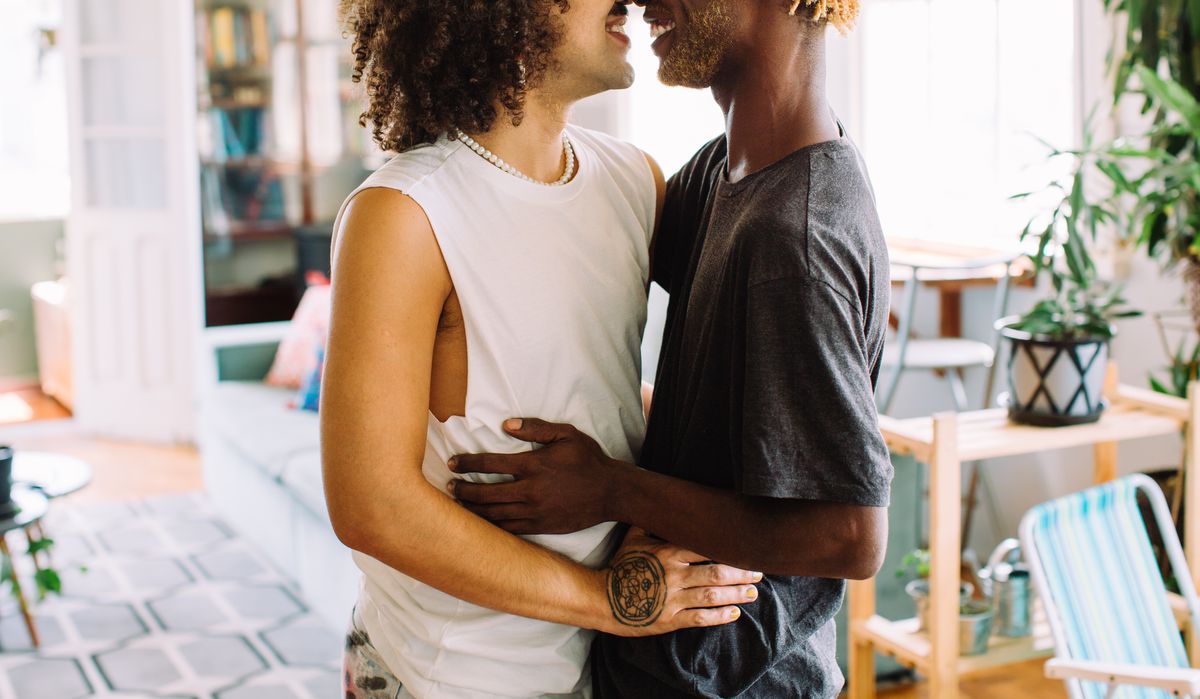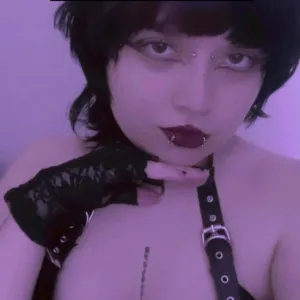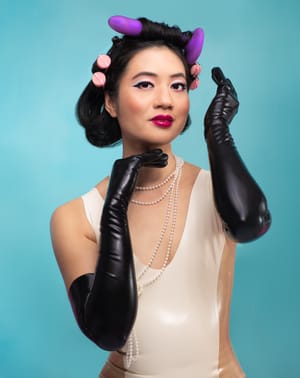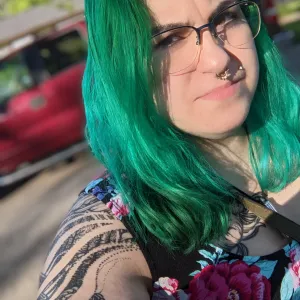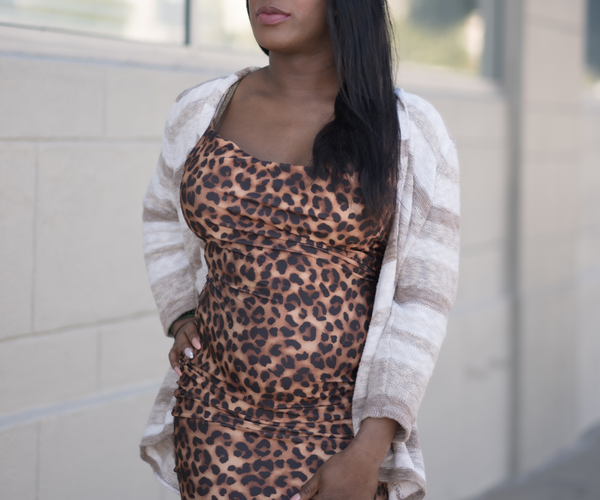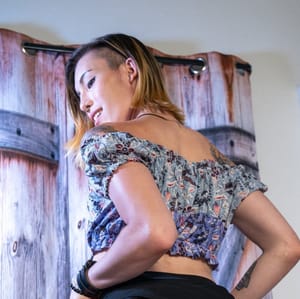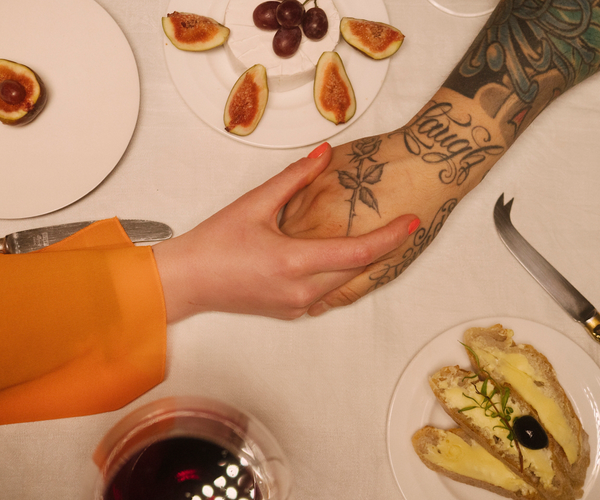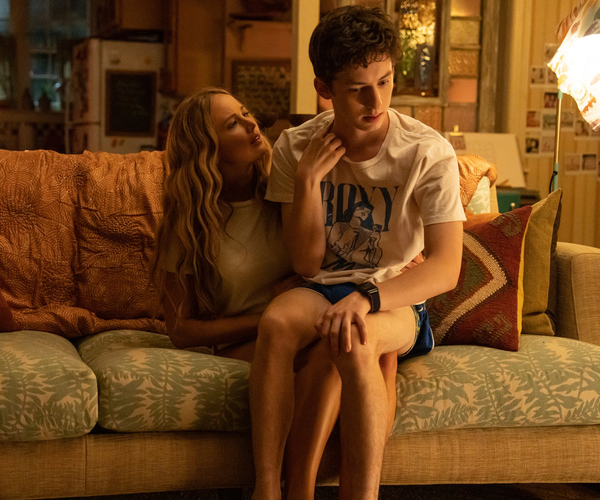I'm a queer and non-binary, independent, full-service provider. I’ve been in the industry for around a year, out as queer for 15 years and as trans for 5. My experiences knowing, dating and fucking queer folk have shaped my approach to sex, and the way I go about my work. Below I share some of the queer connections I’ve had at work, and some pointers which might help queer and questioning folk to explore their body, gender and/or sexuality in the trusty hands of a well-suited provider.
I’m delighted to share that many, if not most, of my clients are queer or trans! I recently did some stats on the clients I saw in the last financial year. About a third of them had not disclosed their sexual orientation or said anything about their own gender. A third were cis-het or questioning. And then the other third were like, 'I'm queer, let’s do crime!' About 13% of my total clients were trans, a number that jumps to over half when considering only regulars. Despite working with a lot of queer folk and talking about my own queerness publically I still get these heartbreaking emails from prospective clients saying, 'I've looked at everything on your website and I wanted to make sure, even though you said that you accept LGBTQIA+ folk, is my queerness acceptable to you?' I think those people are looking for somewhere they can take these parts of themselves, and spending time with them is some of the most rewarding work that I do.
My experiences knowing, dating and fucking queer folk have shaped my approach to sex, and the way I go about my work.
One group of queer clients I often work with are those who are either new to the area or passing through, and don't really have much connection to the local community. They may not have any people that they know here at all and they're looking for someone they can be intimate and connected with. It's not even necessarily about sex, they just want to feel seen and understood and to let their guard down. On Valentine's Day this year, a client new to the area reached out to me and said, 'I just really want to kiss someone'. The booking was really wholesome. We spent an afternoon together watching our favourite Dorian Electra videos and making out. It was their first kiss! It was just so delightful. There was a part of them that just wanted to get it out of the way, but also a part of them that had been waiting to find a queer connection that felt safe, and where there wasn't any expectation or pretence.
When talking about queerness it's important to remember that there are also asexual and aromantic people out there who see sex workers because they want to experience intimacy without what is commonly thought of as sex. These are sometimes people who don’t feel at home in the broader queer community because their experiences of sexuality and intimacy are less visible and often discounted. I have ace and aro clients who I see every couple of weeks or months, and it's not about ‘sex’ at all. They're like, 'Alright, I need my cup to be filled. And maybe I don't want to kiss you, I just want to sit with you, I just want to feel closeness with you.' Movie-watching sessions can be great for this purpose. The client can set the limits of what they want to do ahead of time, and we can ease into that closeness without the pressure of having to fill the space or follow a normative sexual script. I think it gives clients a greater sense of control over how they want to be desired.
The sex ed we get out in the world generally isn't great, particularly when it comes to queer, trans, and intersex people. I can’t make this point without highlighting that this is even more the case if you’re disabled, or a person or colour, or fat. And frankly, it’s unacceptable and harmful that we don't learn about these kinds of bodies and how to pleasure them. At work I often sit with clients and we question. What is sex? Is it exploration, pleasure, touching, connection? What is it that we want to get out of this? What are some creative ways that we can make each other feel good? There’s a trans woman, a client I adore, who is exploring her gender and sexuality. In our last session we sat cozying up in bed together while I drew diagrams of genitals, and we talked about the different things you can do with them. This kind of sex ed is much more personal than what you get in school or sex ed documentaries, even a fantastic resource like OMGYES. It’s a kind of queer peer-peer learning that is so well suited to that client-provider bubble.
The sex ed we get out in the world generally isn't great, particularly when it comes to queer, trans, and intersex people… this is even more the case if you’re disabled, or a person or colour, or fat.
There are many benefits to spending time with a provider who has lived experience with queerness: someone who has been immersed in the queer and trans community for many years, has had long-term partnerships, and has slept with a lot of queer and trans people. Providers who fit this bill can offer developed and considered perspectives on gender, sexuality and attraction. They can also offer a protected and private space to explore questions you may have about your queerness - sometimes questions that can only be answered by trial and error or in collaboration with someone who has more experience. Part of my job is to provide folks with resources that they haven't come across. Sometimes I'll recognise things in a queer or questioning client’s behaviour that suggests they're going along with a sexual script that doesn’t make them feel good, simply because they haven't been provided with alternatives. I might show them different sex zines that have been passed through the queer community for years, for example. This knowledge is something that a lot of people coming into their queerness won't have come across. These resources can help them to start thinking about their own body and the bodies of people they might have intimate relations with.
There are as many different kinds of sex workers as there are kinds of people, so when seeking out a provider to help you explore your queerness it’s good to ask yourself questions and be cautious. Do a vibe check before reaching out: Who is this person? Where do they stand on the things that are meaningful to me? A lot of the time clients will see providers in a space that their provider controls, and I think this can be really overwhelming, even frightening. Especially if it's their first time doing this and they don't know the protocol or much about who they’re about to get intimate with. It’s also important to keep in mind that your provider will be somewhat limited by the information you give them. So, if you know that you want to explore your sexuality, or your gender, or anything really, it can be really helpful to flag this ahead of time - either over email, if that's easier, or in person. It's okay to tell your provider, 'I'm not sure what I want to do exactly.' Or, 'Can we go slow? Can we talk about it?' And mentioning that stuff in advance allows them to get in the right headspace to meet you where you’re at.
There are many benefits to spending time with a provider who has lived experience with queerness: someone who has been immersed in the queer and trans community for many years.
Of course, even if you find your dream provider, there will be moments of awkwardness or of not-get. This is normal and to be expected, in every intimate relationship there are going to be bumps in the road. Allow yourself and your provider some grace and evaluate your relationship across the whole experience, rather than judging whether things go perfectly moment to moment. I’ve met clients where we have a fantastic connection, but maybe our bodies just don't fit in certain ways. So some activities are more difficult. If you're queer, this can be a really big deal for you. It can feel like you're failing, but you're not! It's just that your body and my body aren't going to perfectly mesh for some activities, and that's okay. There are so many other things we can do. The most important thing is, in the moment, feeling comfortable to say, 'This doesn’t feel great, can we try something else?'
Perhaps the most important thing I would say to a prospective client, and particularly to someone who is exploring their queerness, is: make sure you continue to develop relationships within your community outside of your relationship with me, because these skills that you're learning, ultimately, are going to translate into and support those connections. Your relationship with a professional is limited to a certain scope, so it's really important that you branch out and find people in other parts of your life who can support you and know you fully. You deserve to be known and embraced for all that you are.

